5 Reasons Why Self-Checkout Kiosks Are Revolutionizing the Retail Industry?
In the ever-evolving landscape of the retail industry, technological advancements have given rise to innovative solutions that redefine the shopping experience. Among these, Self-Service Kiosks, particularly Self-Checkout Kiosks, have emerged as a game-changer, revolutionizing the way consumers interact with retail spaces. Here are five compelling reasons why these kiosks are reshaping the retail landscape.
1. Streamlining Transactions for Swift Shopping Experiences:
Self-Serve Kiosks excel in expediting transactions, enabling swift and efficient shopping experiences. By allowing customers to check out independently, these kiosks eliminate long queues and reduce wait times. This streamlined process not only enhances customer satisfaction but also optimizes operational efficiency for retailers.
2. Empowering Customers with Control and Autonomy:
Self-Checkout Kiosks empower customers by providing them with control and autonomy over their shopping journey. Shoppers can choose when and where to complete their transactions, fostering a sense of independence. This shift towards customer-centricity aligns with the evolving expectations of modern consumers who value convenience and personalized experiences.
3. Reducing Labor Costs and Increasing Operational Efficiency:
Retailers face the perennial challenge of balancing labor costs while ensuring optimal service. Self-Serve Kiosks address this challenge by reducing the need for additional staff at traditional checkout counters. This not only leads to cost savings for retailers but also enhances overall operational efficiency, allowing staff to focus on more value-added tasks.
4. Enhancing Accuracy and Minimizing Human Errors:
Human errors in manual transactions can lead to discrepancies, affecting both retailers and customers. Self-Checkout Kiosks are designed to minimize such errors, ensuring accurate and reliable transactions. The use of technology for scanning and processing items reduces the likelihood of mistakes, contributing to a smoother and error-free shopping experience.
5. Facilitating Contactless Transactions in the Post-Pandemic Era:
The global pandemic has accelerated the adoption of contactless technologies across various industries, and the retail sector is no exception. Self-Checkout Kiosks provide a contactless alternative for transactions, allowing customers to complete their purchases without physical contact with cashiers or traditional payment methods. This not only aligns with health and safety concerns but also reflects the industry’s commitment to adapting to changing consumer preferences.
The Future Landscape of Retail: Self-Service Kiosks as Catalysts for Transformation
As the retail industry continues to undergo a paradigm shift, Self-Service Kiosks are emerging as catalysts for transformative change. Their ability to streamline transactions, empower customers, reduce costs, enhance accuracy, and facilitate contactless transactions positions them as integral components of the future retail landscape.
1. Evolving Consumer Expectations and the Rise of Convenience:
Modern consumers prioritize convenience, and Self-Service Kiosks embody this shift in expectations. The ability to complete transactions quickly and independently resonates with a consumer base that values time efficiency and seamless shopping experiences. As retailers adapt to these evolving expectations, the prevalence of Self-Checkout Kiosks is likely to increase.
2. Customization and Integration with Loyalty Programs:
Self-Service Kiosks are not limited to transactional functionalities; they also offer opportunities for customization and integration with loyalty programs. Retailers can leverage these kiosks to provide personalized recommendations, promotions, and loyalty rewards based on customer preferences and purchase history. This personalized approach enhances customer engagement and strengthens brand loyalty.
3. Expansion of Self-Service Kiosks Beyond Checkout:
While Self-Checkout Kiosks are currently synonymous with the checkout process, their potential extends beyond this singular function. The future may witness the integration of these kiosks into various aspects of the shopping journey, such as product information, inventory checks, and even returns. This multifunctional approach aims to further enhance the overall customer experience.
4. Data-driven Insights for Informed Business Strategies:
The adoption of Self-Service Kiosks generates valuable data that retailers can leverage for informed decision-making. Transactional data, customer preferences, and shopping patterns obtained through these kiosks provide insights into consumer behavior. Retailers can use this data to refine their inventory management, marketing strategies, and overall business operations.
5. Overcoming Challenges and Embracing the Future:
Despite the numerous benefits, the widespread adoption of Self-Service Kiosks may face challenges, including initial implementation costs, technology integration, and ensuring a seamless user experience. However, as technology continues to advance and consumer acceptance grows, these challenges are likely to be overcome, solidifying Self-Service Kiosks as an integral component of the future retail landscape.

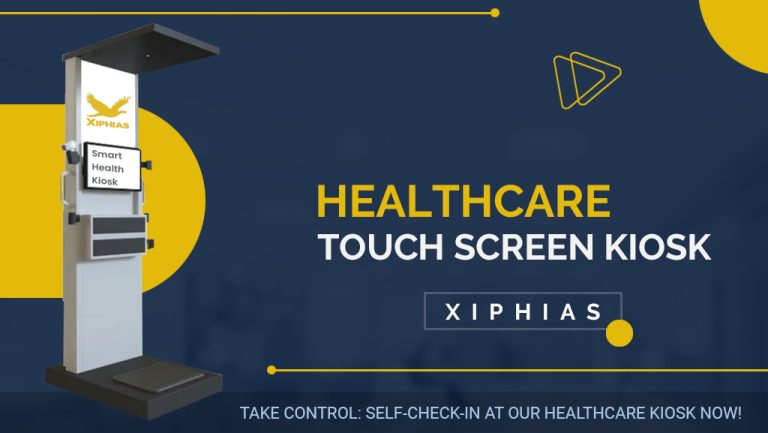
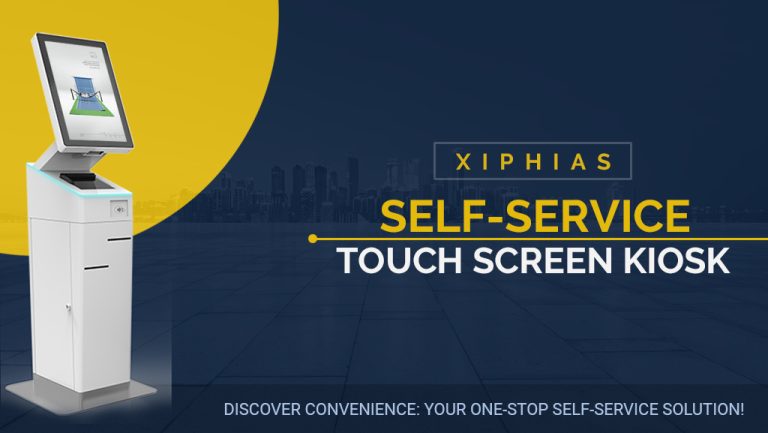
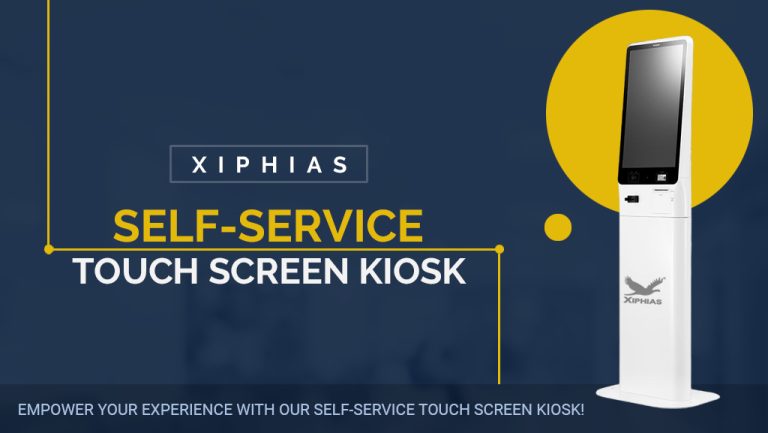
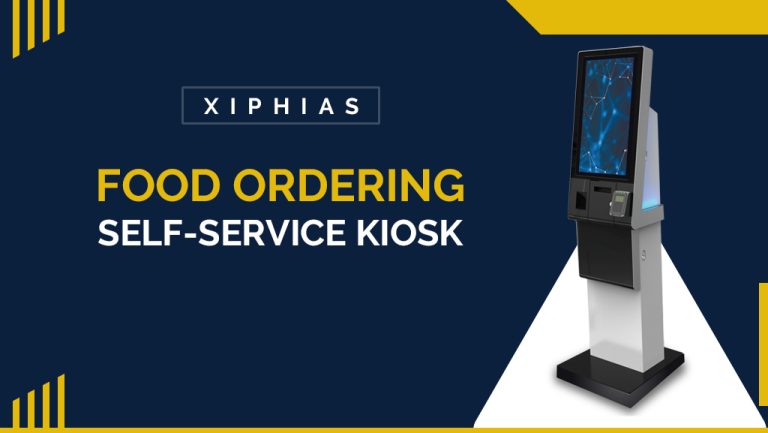
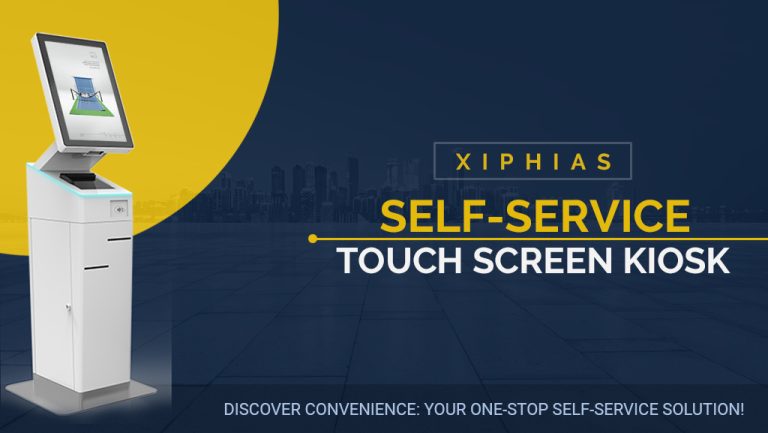
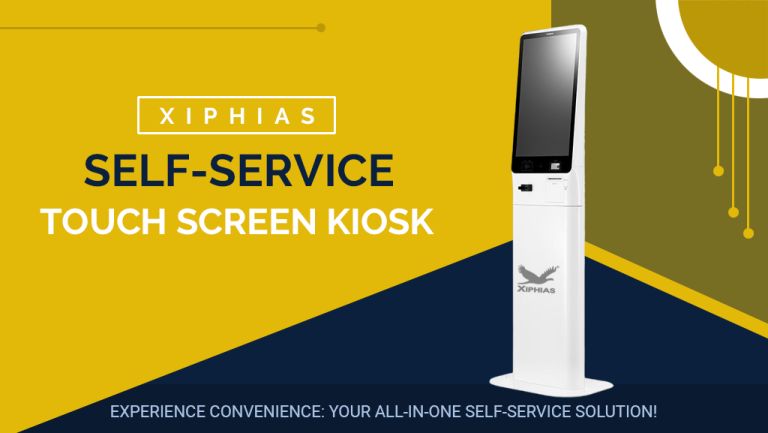
Great information, thanks for sharing.
phd university formats
Nice post, thanks for sharing.
women health checkup